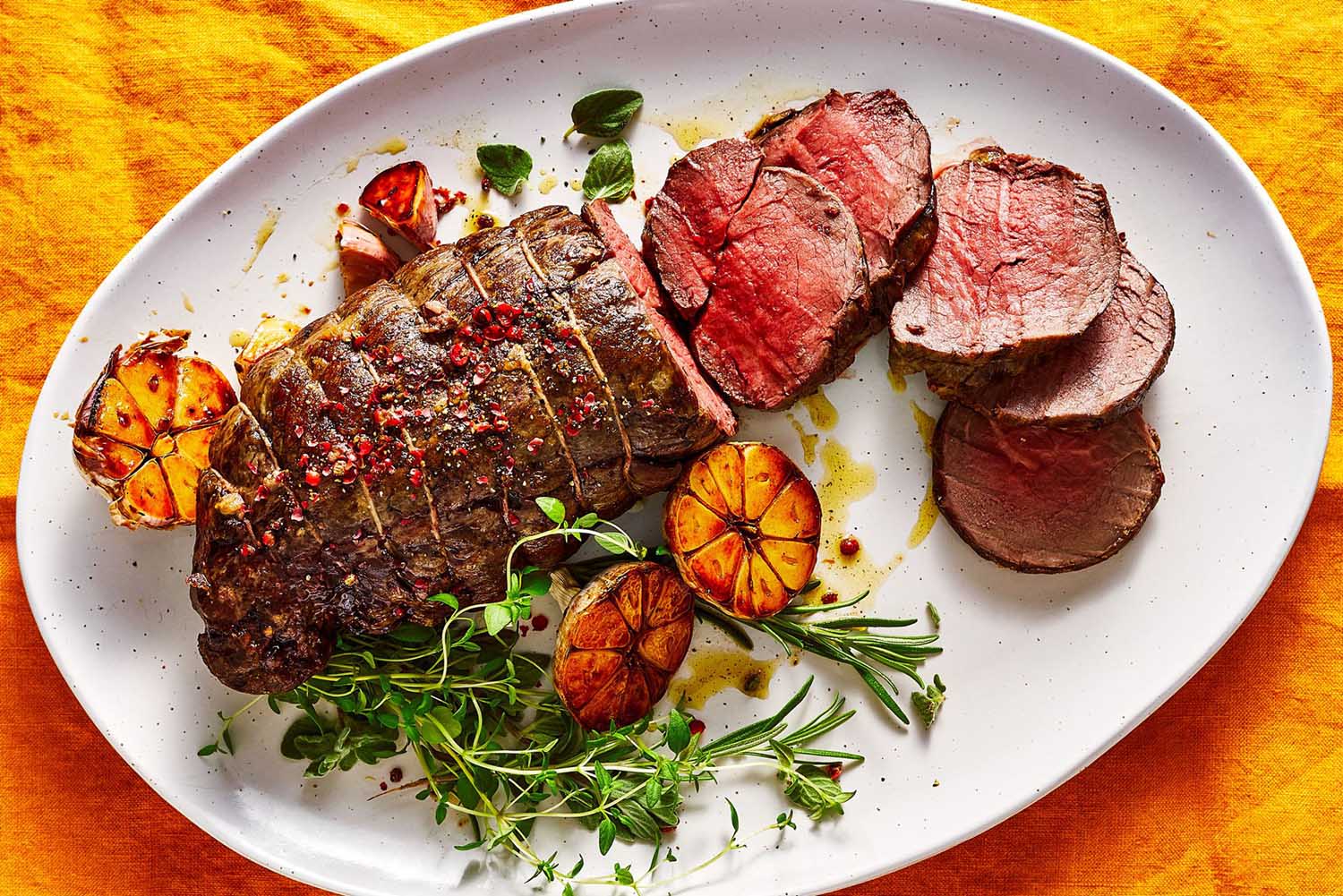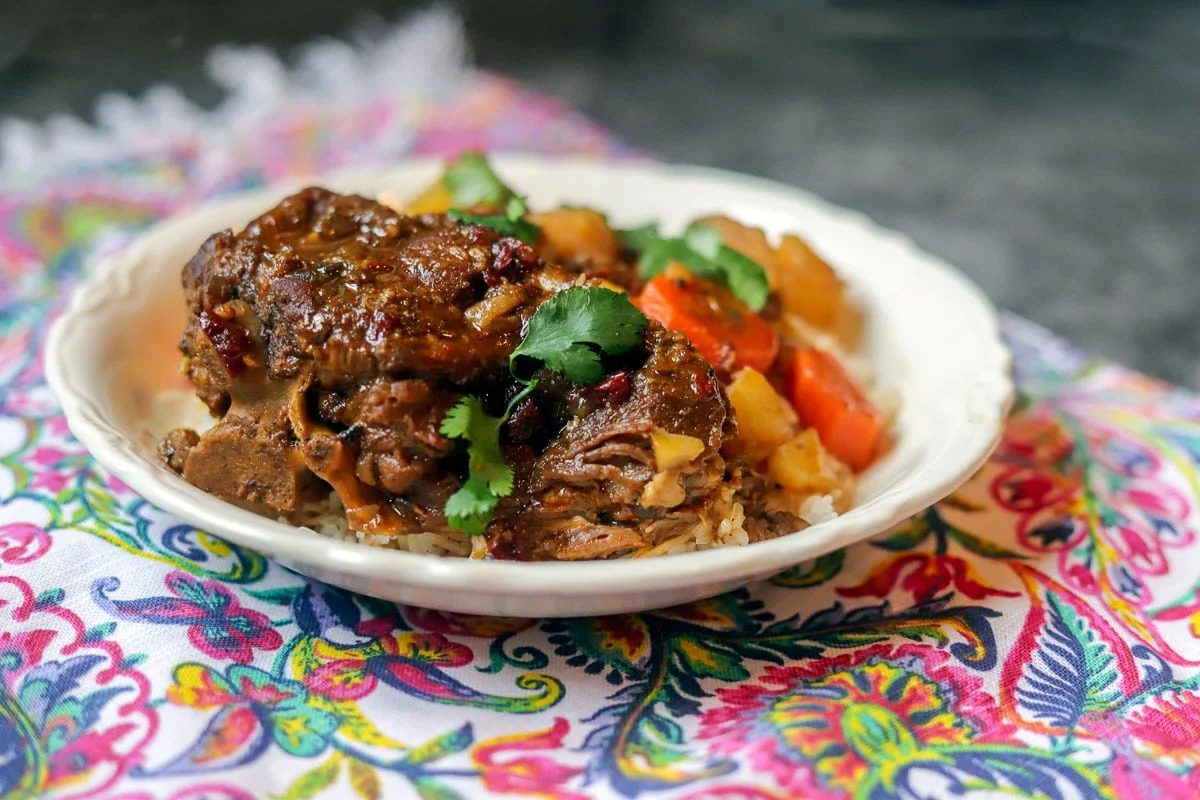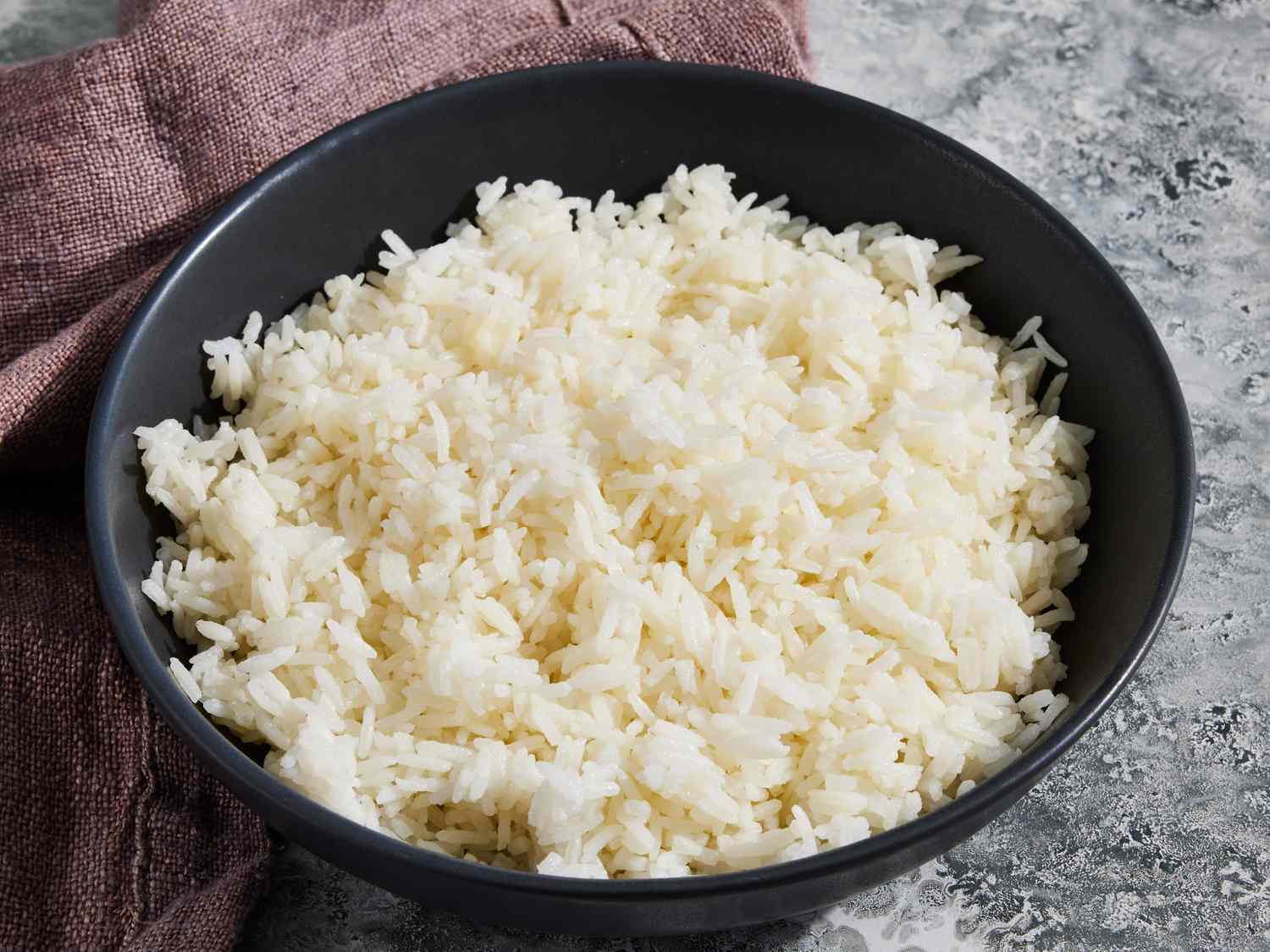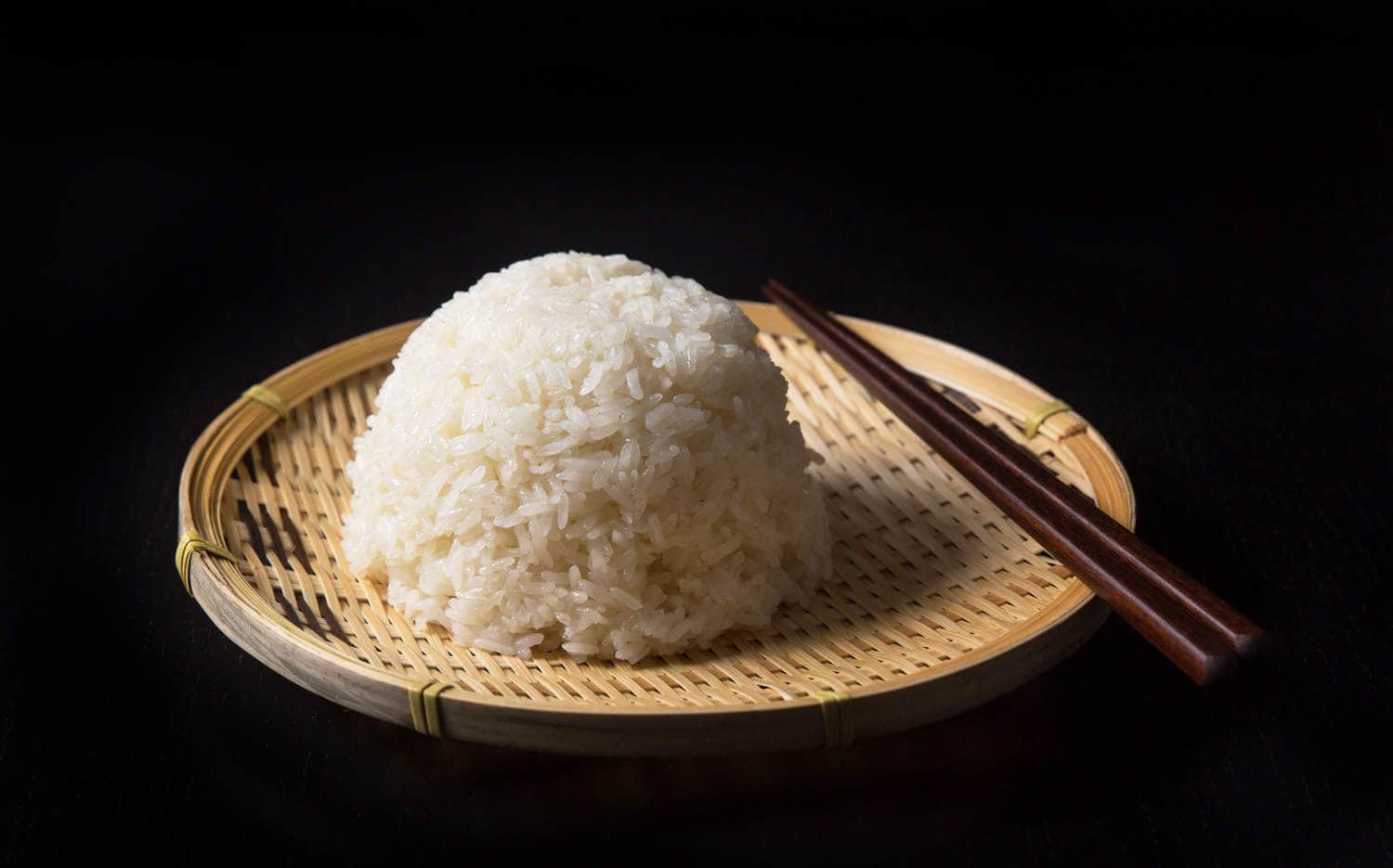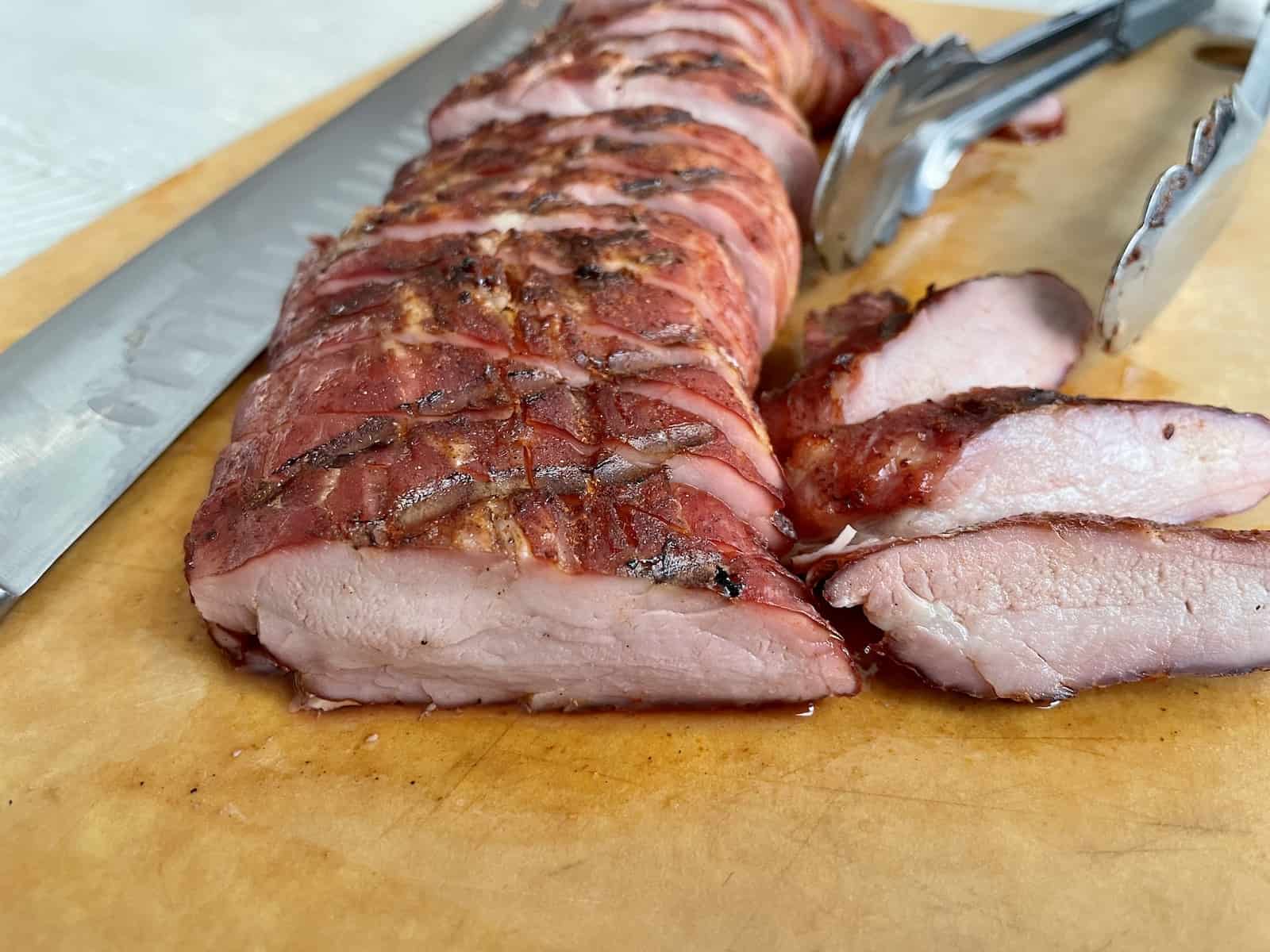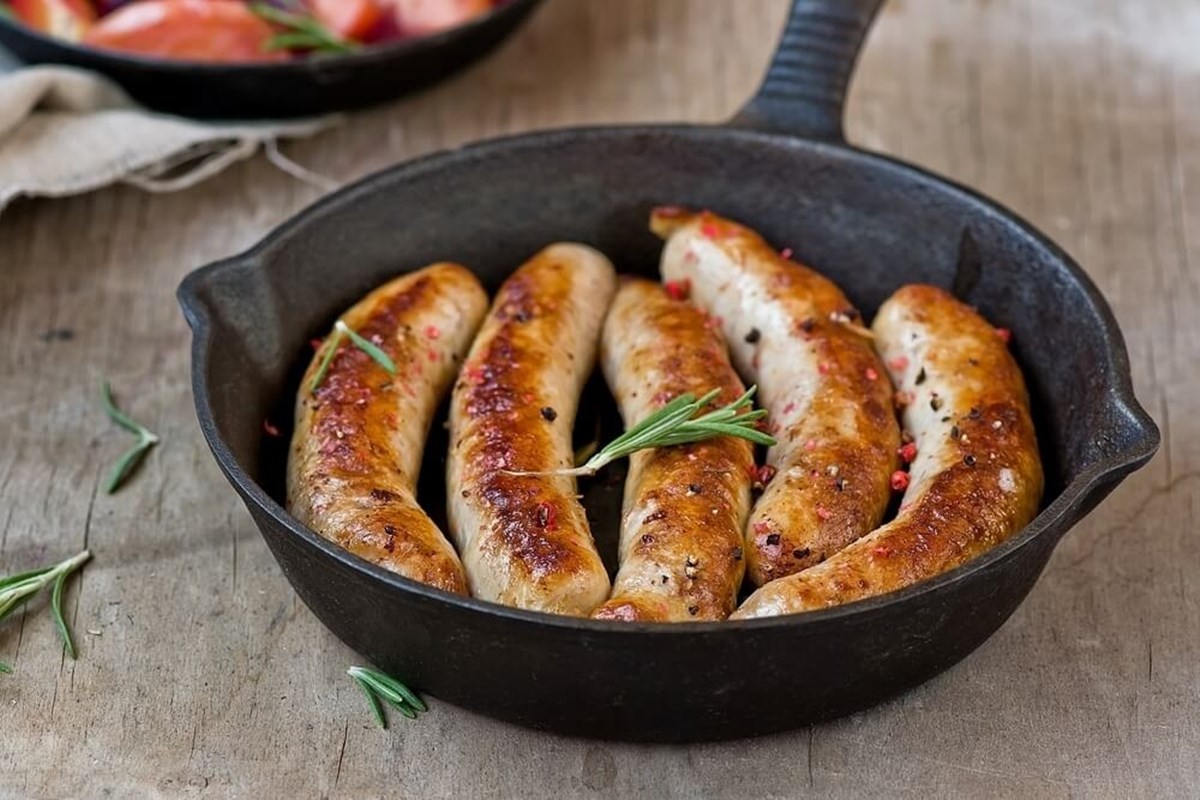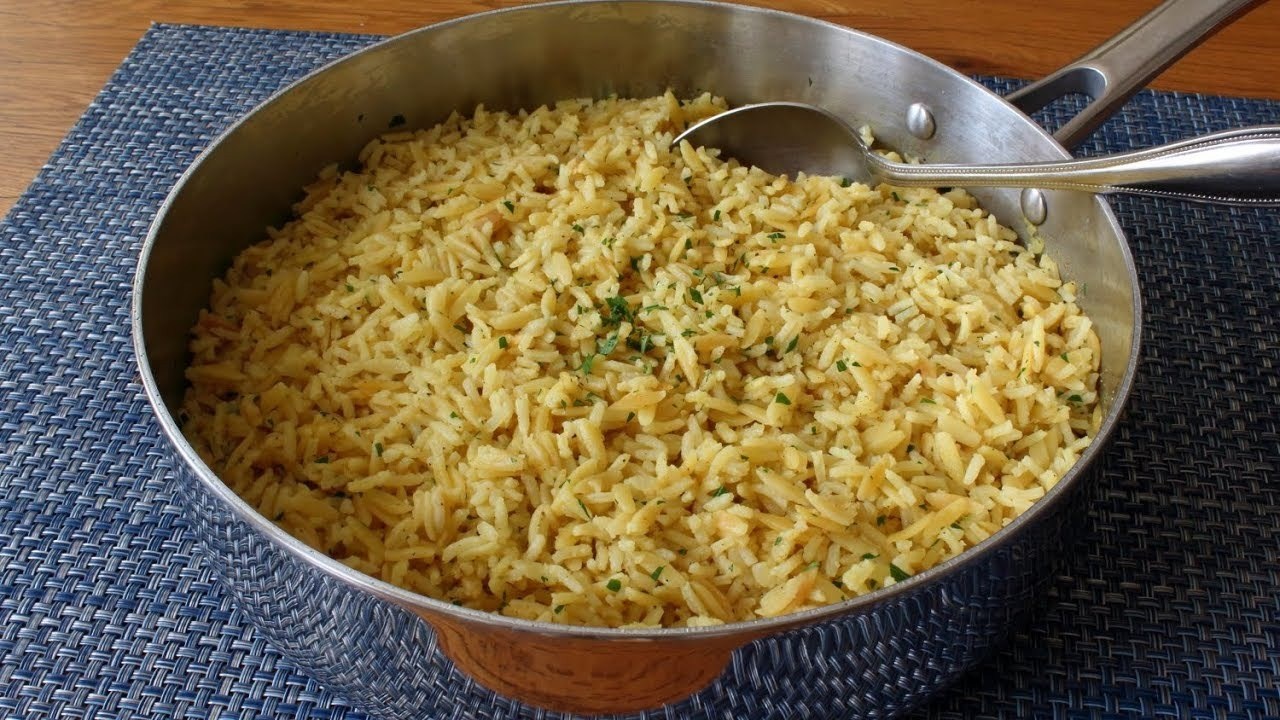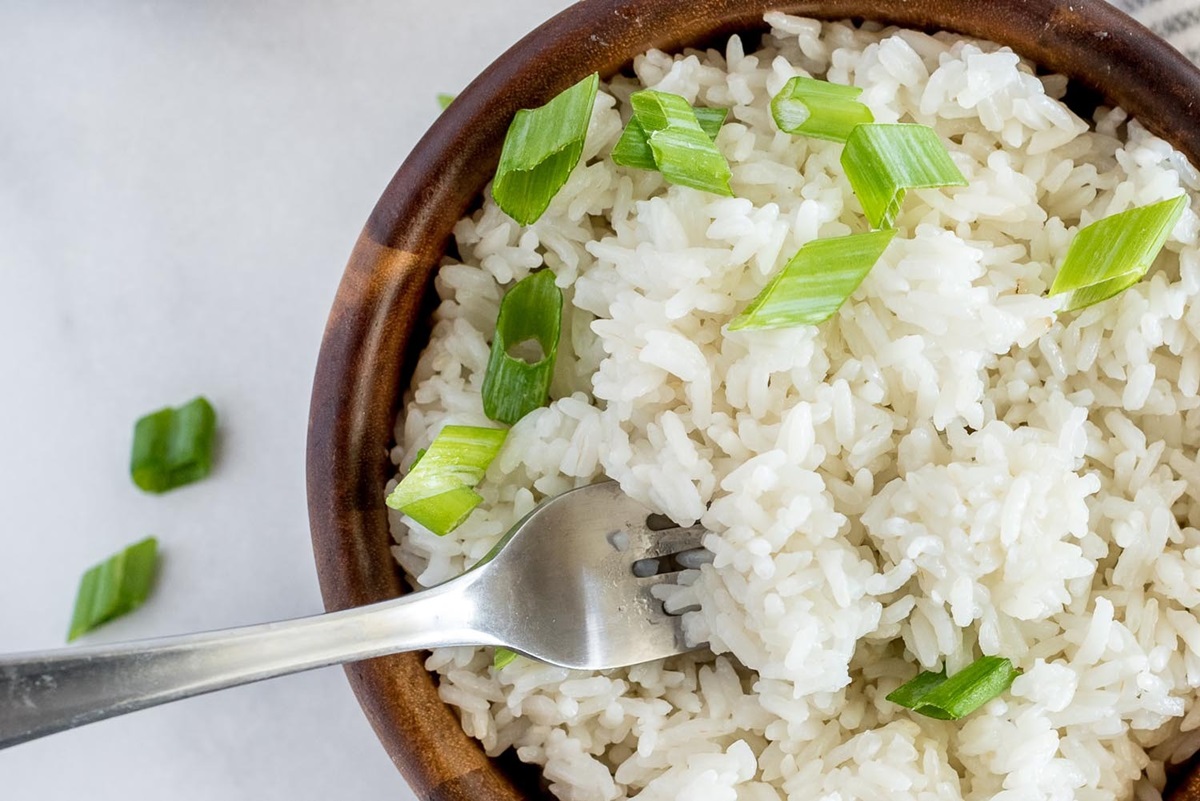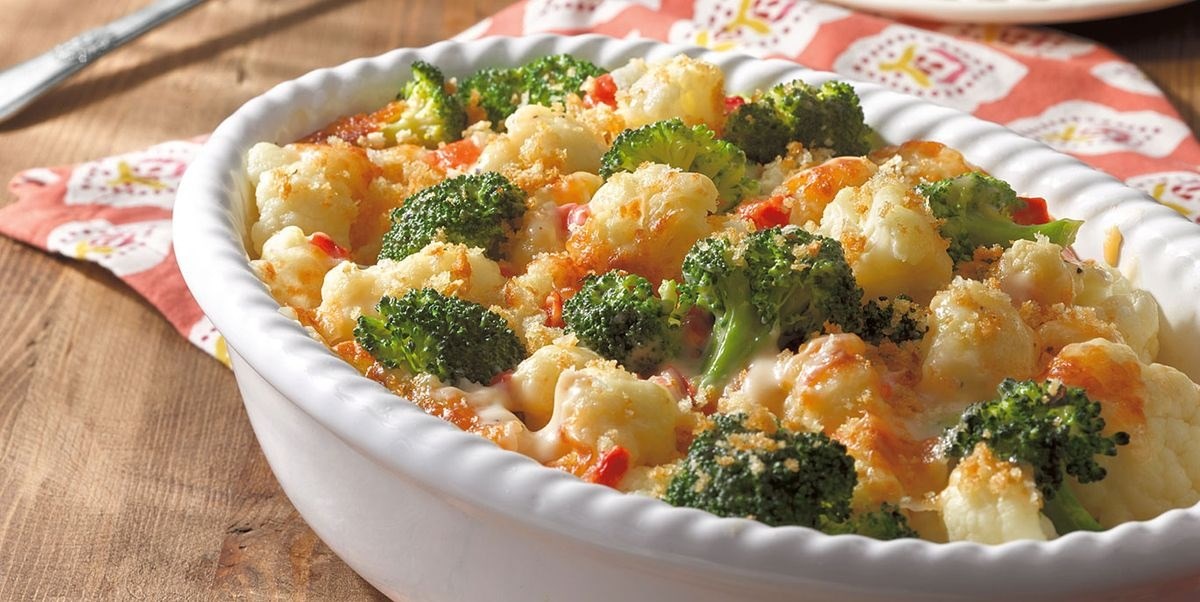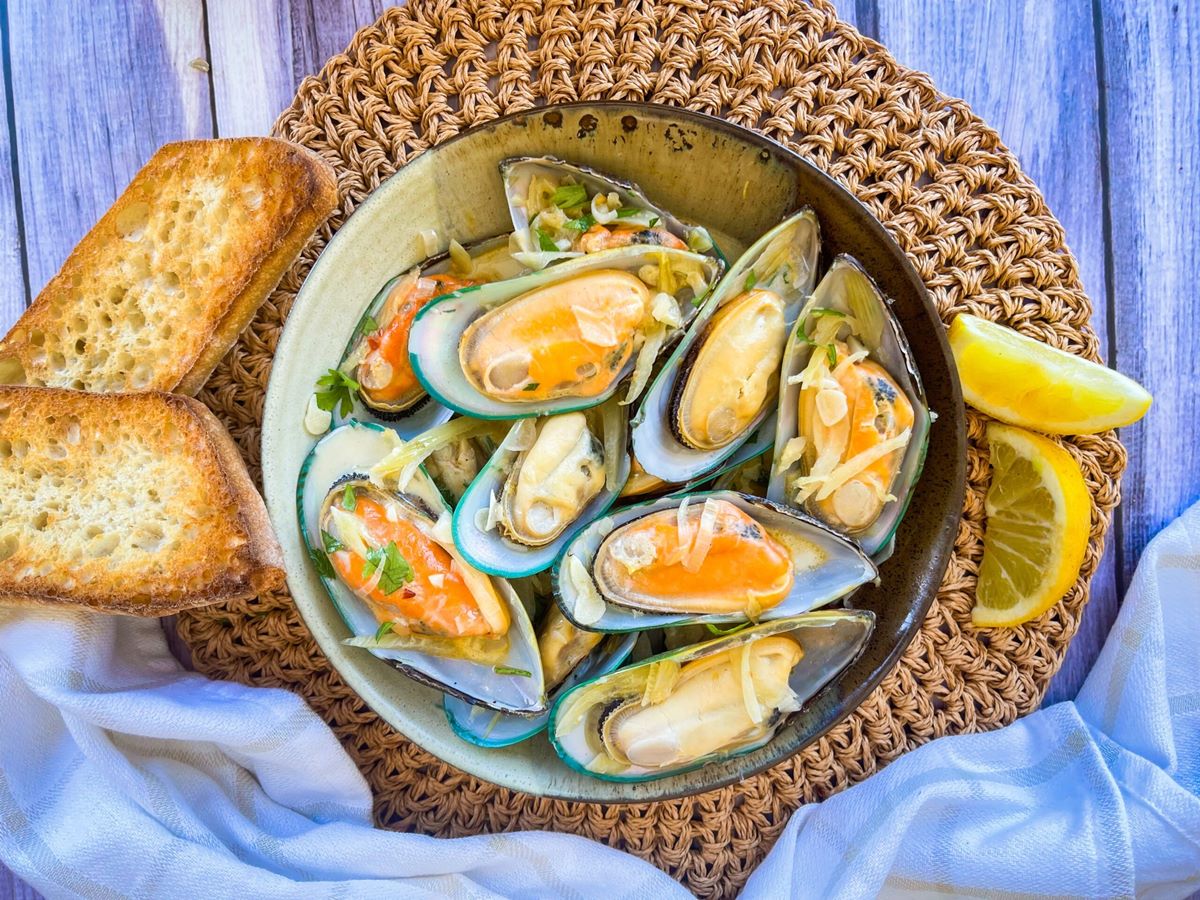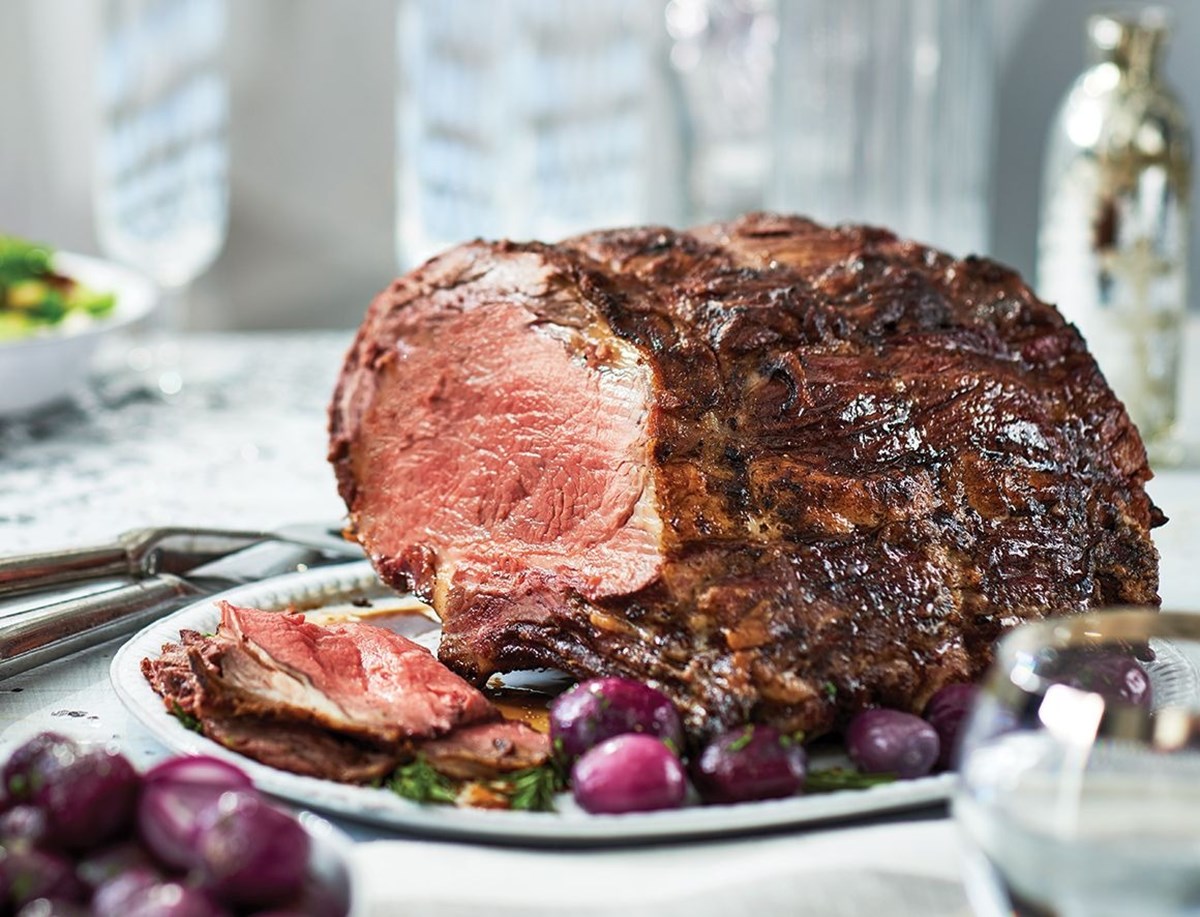Healthy and Delicious Kidney Beans for Your Beloved Doggy
As a dog lover and responsible pet owner, you always strive to provide the best nutrition for your furry friend. While traditional dog food is essential, incorporating fresh and wholesome ingredients into their diet can be beneficial too. One such ingredient is kidney beans.
Kidney beans are a fantastic source of protein, fiber, and essential nutrients. They can be a tasty addition to your dog’s meals, offering a range of health benefits. However, it is important to remember that each dog is unique, and consulting with your veterinarian is always the best approach before introducing any new food into their diet.
Here’s a step-by-step guide on how to cook kidney beans for your beloved dog:
1. Soaking the Kidney Beans
Start by soaking the kidney beans overnight in a bowl of cold water. Soaking helps soften the beans and improves their digestibility. Discard any damaged or discolored beans before soaking and make sure to rinse them thoroughly before cooking.
2. Boiling the Kidney Beans
After soaking, transfer the kidney beans to a large pot and cover them with fresh water. Bring the water to a boil and let it simmer for about 45-60 minutes. This cooking process will help eliminate any toxins and make the beans safe for your dog to consume.
3. Preparing the Beans for Your Dog
Once the kidney beans are cooked, drain the excess water and let them cool down. It’s crucial not to season the beans with salt, spices, or seasonings, as these may be harmful to dogs. Plain, unseasoned kidney beans are the healthiest option for your canine companion.
4. Incorporating Kidney Beans into Your Dog’s Diet
Kidney beans can be served as a supplementary ingredient in your dog’s regular meals. Start by adding a small amount to their food and observe how they respond. Gradually increase the quantity over time, monitoring their digestion and overall well-being. Some dogs may have no issues digesting kidney beans, while others may experience gas or digestive discomfort. Always pay attention to any signs of an adverse reaction and consult with your vet if necessary.
5. Benefits of Kidney Beans for Your Dog
Kidney beans offer a range of benefits for our canine friends. Here are a few reasons why incorporating kidney beans into your dog’s diet can be a great idea:
- High in protein: Kidney beans provide a good amount of plant-based protein, which is essential for muscle development and overall health.
- Fiber-rich: The fiber content in kidney beans aids in digestion and helps regulate bowel movements.
- Source of essential nutrients: Kidney beans contain vitamins and minerals like folate, iron, potassium, and magnesium, which contribute to your dog’s well-being.
- Weight management: The combination of protein and fiber in kidney beans can help your dog feel fuller for longer, promoting a healthy weight.
Remember, moderation is key when introducing new foods to your dog’s diet. While kidney beans can be a nutritious addition, they should not replace a balanced and complete meal specially formulated for dogs.
Always listen to your dog’s individual needs and consult with your veterinarian to ensure their diet is tailored to their specific requirements. With careful consideration and moderation, kidney beans can be a delightful and healthy treat for your furry friend.
More Delicious Ways to Serve Kidney Beans to Your Dog
After mastering the basics of cooking kidney beans safely for dogs, you might be eager to put your skills to the test with a variety of dog-friendly recipes. From hearty meals to simple snacks, these recipes ensure your dog enjoys both nutrition and flavor. A highly recommended start is the Hearty Beef and Kidney Bean Stew for Dogs, perfect for providing a protein-rich diet. For dogs that favor poultry, the Chicken and Kidney Bean Mash for Dogs offers a delightful alternative. If you're looking to integrate more vegetables, the Kidney Bean and Vegetable Doggie Casserole is an excellent choice. Each recipe is tailored to be safe and satisfying for your pet, making them ideal for integrating kidney beans into your dog's diet.
Was this page helpful?
Read Next: How To Cook Ground Beef For Baby
